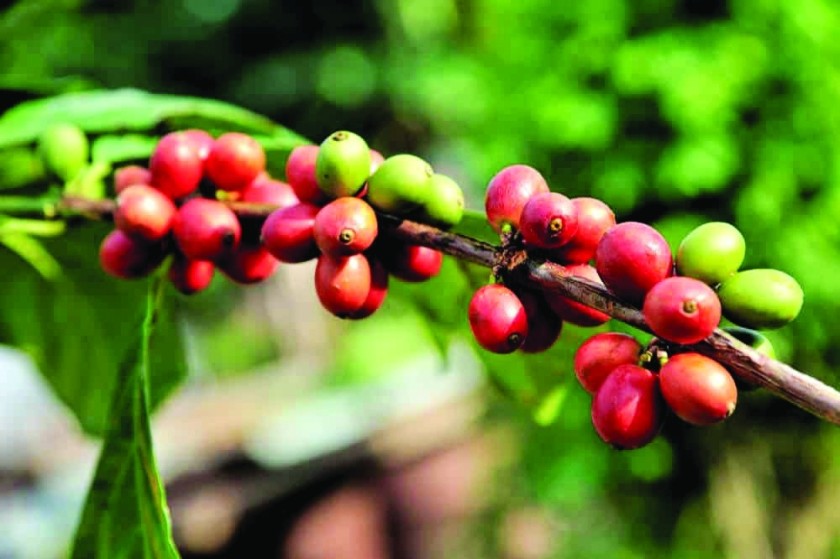
The project is among the first of its kind in the Sultanate of Oman. While coffee is not native to Oman, the country’s mountainous regions, especially in Al Dakhiliyah and Dhofar — have shown promising results in experimental cultivation.
One of the early challenges faced by the company was acquiring viable coffee seedlings. “Most countries classify coffee as a strategic crop and restrict seed exports”, Al Wardi explained. “We overcame this by propagating seedlings locally in Salalah and Bahla”.
To ensure sustainable expansion, the company has partnered with Nakheel Oman Development Company and the Agricultural Research Centre in Qummah, which are supporting the development of tissue-cultured plants to scale the operation. In parallel, Coffee Farm Company is investing in agri-tourism infrastructure. Plans are underway to establish a coffee visitor experience site in Jabal Shams, where tourists will be able to tour the plantations, participate in harvest activities and visit a Coffee Museum located near the popular viewpoint Shurfat Al Nakhr.
“This initiative is not just about agriculture. It’s about integrating farming, tourism and heritage into one value chain”, Al Wardi said.
The company will market its coffee under the name Bunn Al Madar, inspired by the traditional clay dallah used for brewing coffee in Oman. The brand already produces roasted beans and capsules; and aims to build a strong “Made in Oman” identity.
The project supports Oman Vision 2040 objectives, which prioritise agricultural innovation, economic diversification and the development of non-oil sectors, particularly in rural and mountainous areas.
“This is just the beginning”, Al Wardi said. “With the right support and continued experimentation, Omani coffee can become a recognised name in the regional and global market”.


